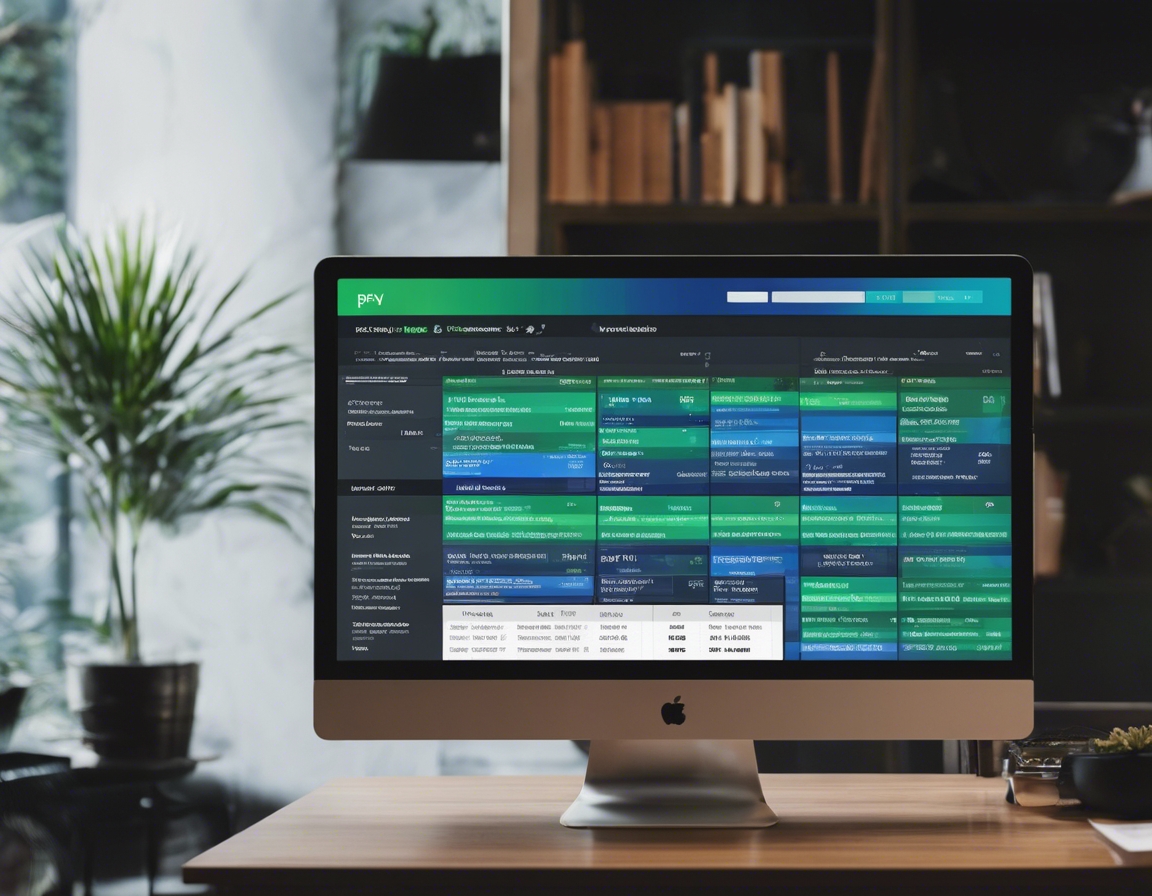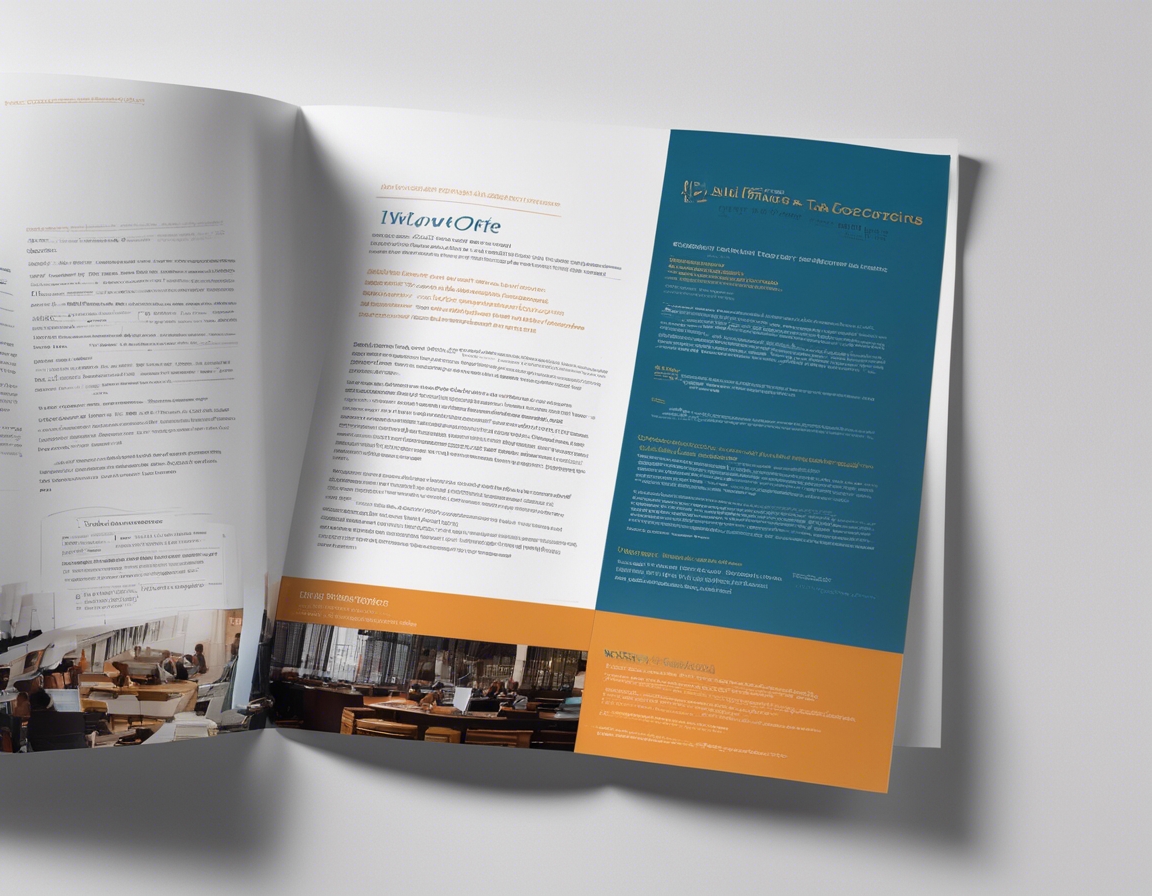Maximizing tax returns: expert tips and tricks
For small to medium-sized enterprises (SMEs), startups, and entrepreneurs, understanding the basics of tax returns is crucial. A tax return is a form filed with a tax authority that reports income, expenses, and other pertinent tax information. Tax returns allow taxpayers to calculate their tax liability, schedule tax payments, or request refunds for the overpayment of taxes.
Tax planning is an essential aspect of financial management for SMEs and entrepreneurs. Effective tax planning can lead to significant tax savings, allowing businesses to reinvest those savings into their operations and growth strategies.
Strategies for Maximizing Tax Returns
One of the most fundamental steps in maximizing tax returns is maintaining accurate and detailed financial records. This includes keeping receipts, invoices, and any other documentation that can support your tax deductions.
Businesses should take advantage of all tax deductions and credits for which they are eligible. Common deductions include business expenses, such as office supplies, travel, and equipment. Tax credits may be available for certain activities, like research and development or hiring new employees.
Strategically timing income and expenses can have a significant impact on your tax liability. For example, deferring income to the next fiscal year or accelerating expenses into the current tax year can reduce taxable income.
The choice of business structure—such as sole proprietorship, partnership, LLC, or corporation—can affect tax obligations. Each structure has its own tax implications, and choosing the right one can optimize tax outcomes.
Professional tax assistance can be invaluable, especially for complex tax situations. Tax professionals can provide guidance on tax strategies, help identify additional deductions, and ensure compliance with tax laws.
Common Pitfalls to Avoid
One common pitfall is failing to claim all deductible business expenses. This can result in a higher tax bill than necessary. It's important to understand what expenses are deductible and to keep thorough records of them.
Missing tax filing or payment deadlines can lead to penalties and interest charges. Staying on top of deadlines is essential for avoiding unnecessary costs.
Tax laws can change frequently, and staying informed about these changes is critical to ensure that you're taking advantage of new tax-saving opportunities and remaining compliant.
Advanced Tax Planning Techniques
Contributing to retirement plans can provide tax benefits for both employers and employees. These contributions can reduce taxable income and defer taxes until retirement.
Understanding how to properly depreciate or amortize business assets can lead to significant tax deductions over time. This process allows for the cost of an asset to be spread out over its useful life.
Making charitable contributions can not only benefit worthy causes but also provide tax deductions. It's important to ensure that contributions are made to qualified organizations to be eligible for tax benefits.
Hiring family members can offer tax savings for your business. However, it's crucial to comply with employment tax requirements to avoid scrutiny from tax authorities.
Technology and Tax Optimization
Modern accounting software can simplify the process of keeping accurate records and can help track expenses and income efficiently, which is vital for tax preparation.
Artificial intelligence (AI) is becoming increasingly important in tax planning. AI can analyze vast amounts of data to identify tax-saving opportunities and ensure accuracy in tax filings.






Comments (0)